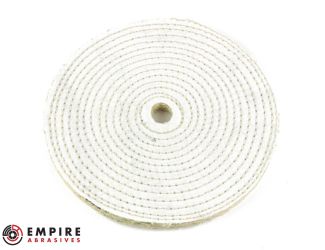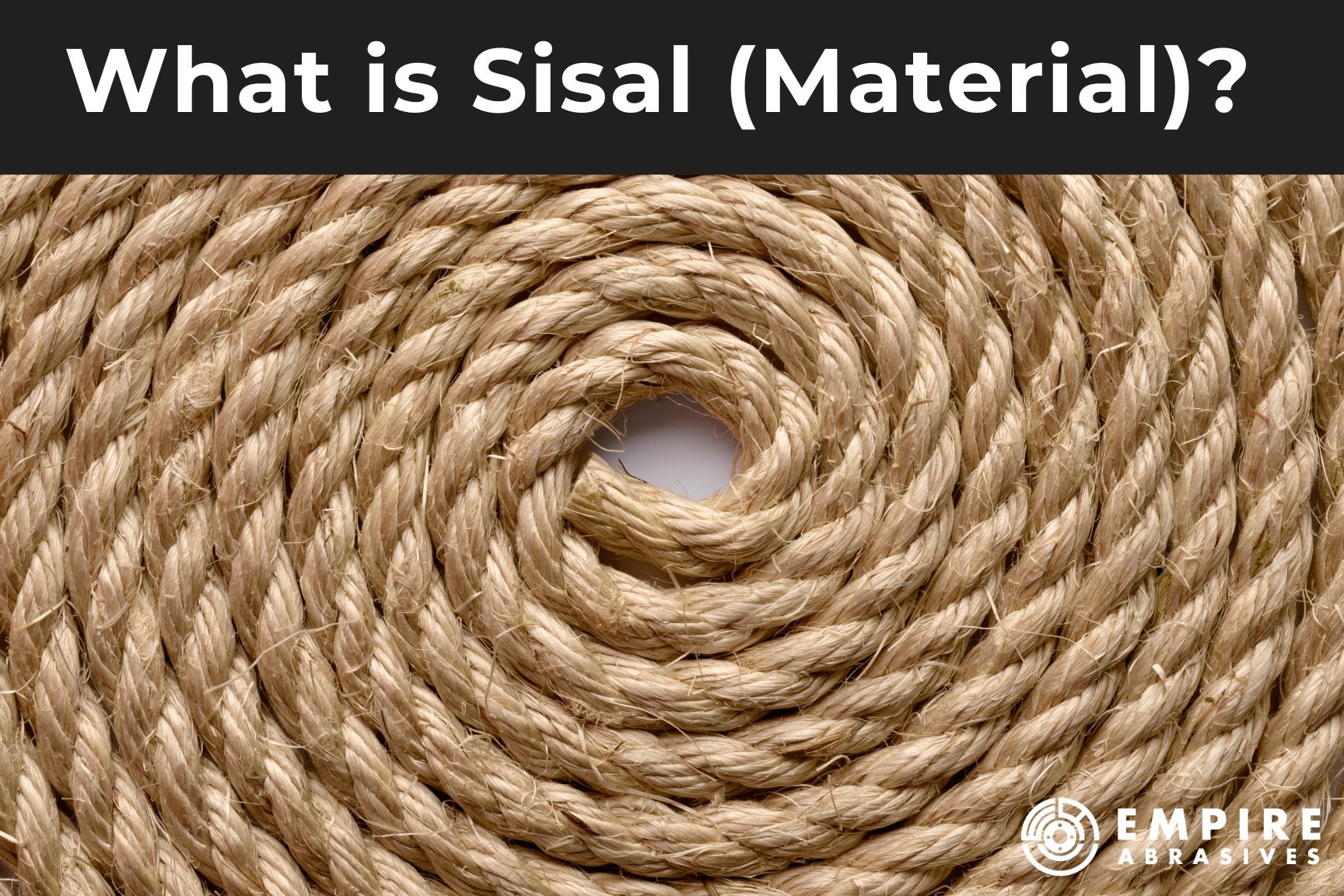
Sisal is a natural fiber that has been used for centuries in countless products. From ancient civilizations using sisal for ropes and textiles to modern applications in eco-friendly products, this natural fiber has proven its worth time and time again. In this post, we will dive into the composition, benefits, and diverse uses of sisal.
What is Sisal Made Of?
Sisal is a tough fiber made from the leaves of Agave sisalana plants. The fibers are extracted through a process called decortication. Decortication involves crushing the leaves to separate the fibers from the pulp. In early days this was a very labor intensive project, requiring crushing the leaves and scraping them by hand. Today we use large industrial machines with rotating wheels and blades to extract the fibers.
The fibers extracted from these leaves can then be woven together to create finished products.
Why Use Sisal?
Sisal is a versatile and durable fiber with a wide range of applications. Here are some of the reasons why people choose to use sisal to produce various products:
- Strength and durability: Sisal fibers are strong and durable, making it an ideal material for products that require toughness and longevity.
- Water resistance: Sisal is naturally water-resistant, which is great for outdoor applications and for products that may come into contact with water.
- Biodegradability: Sisal is a natural product made of biodegradable material, which can be composted or recycled.
- Sustainability: Sisal is a renewable resource that is grown in many parts of the world. It is a sustainable alternative to synthetic fibers, which can be harmful to the environment.
- Cost-effectiveness: Sisal is a relatively inexpensive fiber, making it a cost-effective option for many applications.
Common Uses of Sisal
Twine/Rope
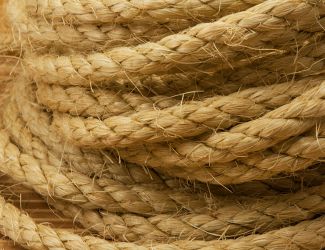
Due to its strength and durability, sisal rope is used in marine, agricultural, and industrial settings. Sisal rope is a top choice for agricultural uses due to its biodegradability.
Paper
Sisal pulp is used to produce high-quality paper and specialty paper products. The fibers create durable paper that have excellent tear resistance and a smooth and even texture to write and print on.
Carpet/Rugs
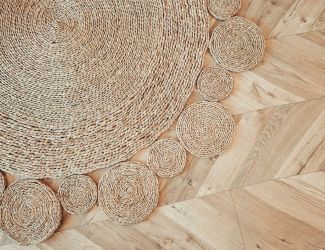
Sisal fibers are woven together to make carpets and rugs. They create a natural, hard-wearing floor covering that is great to use in high-traffic areas. The dense fibers are also known to trap dust and allergies, making it a better option than many other materials for individuals with allergies.
Cat Scratching Posts

Sisal is a common material used to make cat scratching posts that is durable enough to stand up to their sharp claws. Unlike some synthetic materials, sisal does not contain harmful chemicals that could be harmful to cats.
Baskets and Bags
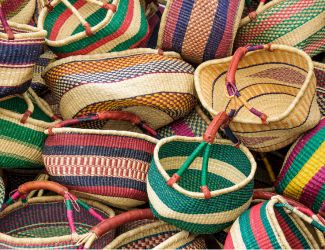
Sisal is also a popular material to use to make products like storage baskets and bags. The baskets are lightweight and strong, and fit into any rustic decor. Bags made of sisal are strong, making them great for carrying heavy or bulky items like groceries.
Sisal Polishing Products
In terms of abrasive products, sisal shines when used to make buffing wheels and polishing tools.
The unique characteristics of sisal fibers make them ideally suited for various polishing jobs. Sisal fibers are incredibly robust and resilient, capable of withstanding high-speed buffing and polishing processes. Their natural abrasiveness gently removes surface imperfections, leaving behind a smooth and even finish. Furthermore, sisal fibers exhibit excellent water absorption and retention properties, allowing them to effectively capture and remove dust and debris during the polishing process.
Sisal buffing wheels and polishing tools come in various shapes, sizes, and densities to accommodate different materials and surface finishes. Coarse sisal fibers are ideal for removing heavy scratches and blemishes, while finer grades of sisal are used for delicate polishing and finishing tasks.
Benefits of Using Sisal Buffing Wheels
- Durability: Buffing wheels made with sisal fibers last longer and maintain their effectiveness over time.
- Efficiency: The natural abrasiveness of sisal fibers makes them efficient in removing surface imperfections quickly and effectively.
- Versatility: Available in various forms, sisal buffing wheels can handle different polishing tasks, from heavy-duty to delicate finishing.
- Eco-Friendliness: As a natural fiber, sisal is biodegradable and a more environmentally friendly option compared to synthetic materials.
Applications of Sisal Polishing Products
- Automotive Industry: Sisal is a popular choice for polishing car bodies, headlights, and trim..
- Metalworking: Sisal is effective at polishing metals like stainless steel, brass, and copper, revealing their natural beauty.
- Woodworking: In woodworking, sisal polishing products are used to smooth and polish wooden surfaces, preparing them for staining or varnishing.


